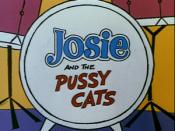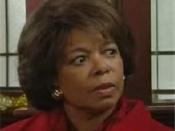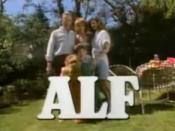Being a teenager, an adolescent, is tough. What people say and think about you, image, is very important. It's rather disturbing to hear people make generalizations about teenagers that aren't true, it's all over the place, TV, news, everywhere. Being a teenager isn't just about keeping your own image looking good, it's about making teenagers look good as a group.
I am here today to discuss, discover and question the way you represent adolescents within your works, and let you know how this can affect us, as teenagers in both positive, but often negative ways.
Today I will focus on how your writings can encourage overgeneralizations or 'cultural assumptions' that can influence readers and cause them to establish false opinions about certain groups or adolescents in general. I will be looking more specifically at instances where this appears to adolescent friends, both in and outside of school.
In Melina Marchetta's novel 'Looking for Alibrandi', this happens on several occasions.
The main character of the novel, Josie thinks to her self at one point "(p43)I tried to picture John Barton terrorizing girls in alleyways or Jacob Coote being able to talk to the premiere. It made me so much more aware of the social differences around me." While this statement is directed at Jacob and John, it reminds the reader that Jacob and John are the only impressions given of both public and private school boys, and it may cause the reader to believe that the characteristics described about these two are true to all public or private school boys, and this simply isn't true.
The second cultural assumption Marchetta leads us to believe is that private school students are "snobs" and think they are better than public school students. Once again the main character Josie tells "(p26)Cook...


